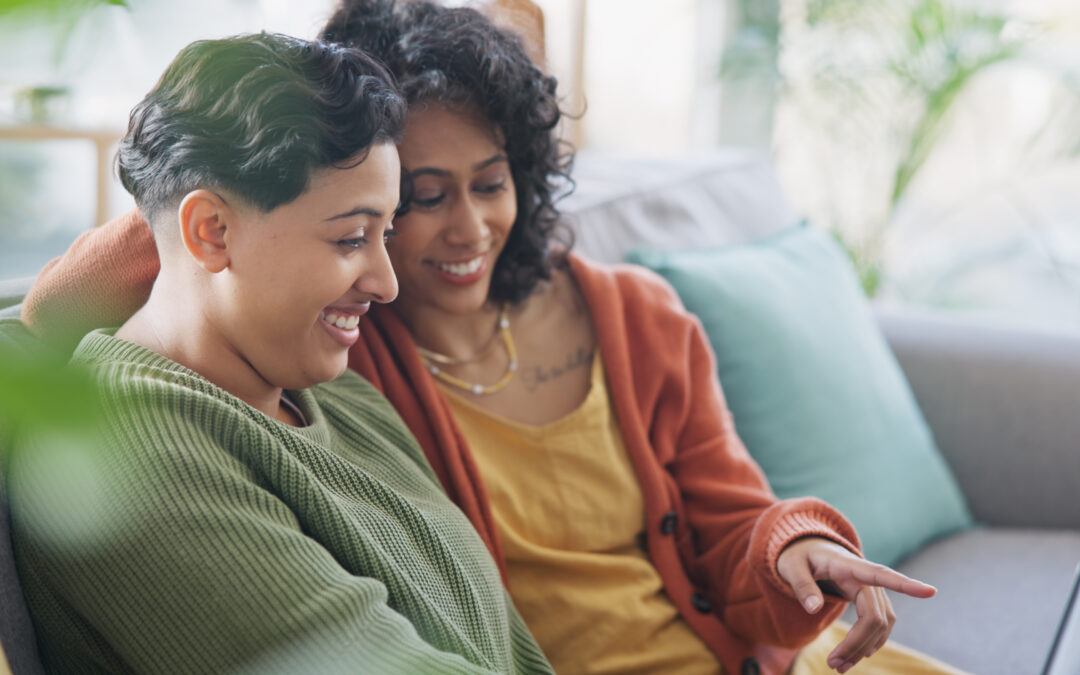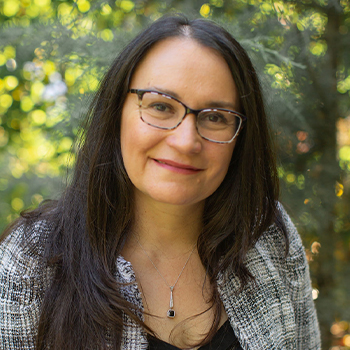Therapy is a useful tool for treating a wide range of emotional and mental difficulties. There are
also many types including group therapy, couples counseling, and individual therapy.
If your current stress stems from relationship issues, your first recourse may be to try couples
counseling. While this is a great starting point for repairing your relationship, you may want to
consider individual therapy first.
The more you know yourself and how your past shows up in the present, the better equipped
you’ll be to deal with any relationship issues that arise. You can also attend individual therapy
alongside couples counseling.
Keep reading to learn how individual therapy for relationship issues works and what it can do for
both you and your partner.
HOW DOES INDIVIDUAL THERAPY FOR RELATIONSHIP ISSUES WORK?
If you’re having trouble in your current relationship, it may something to do with your own deep seeded issues. This doesn’t mean that there’s something wrong with you!
Sadly, there’s a negative stigma surrounding therapy that often makes people skeptical. Going to therapy doesn’t mean you’re damaged. In fact, it means you’re more self-aware than most people and determined to empower and improve yourself. You should be commended, for that, not
condemned.
Individual therapy for relationship issues works to identify the specific difficulties you’re having and what, from your past, may be attributing to them. For example, childhood trauma, family tension, or an unfaithful partner, can all trigger negative feelings, anxiety, and trust issues. It’s also a safe, non-judgmental place to explore your concerns and fears.
You may not even be aware that these past incidents are causing a rift in your current relationship. Through individual therapy, an experienced professional can help uncover these triggers and help you heal from them.
WHAT TO EXPECT FROM INDIVIDUAL THERAPY
Knowing what to expect from individual therapy can make the process less intimidating. During your first session, the therapist will get to know more about you and what’s troubling you.
You can share information about yourself, your current relationship, and any issues you’re having. Be as open and honest as possible.
The main objective of individual therapy is to help you better understand your thoughts and behaviors so you can increase overall function and well-being. Individual therapy teaches you to manage your stress and anxiety and communicate more effectively. You can then use this knowledge and techniques to improve your relationship.
HOW INDIVIDUAL THERAPY CAN STRENGTHEN YOUR RELATIONSHIP
Although the main focus of individual therapy is to address your own issues, the benefits can extend to your relationship as well. Here’s how.
IMPROVE COMMUNICATION
It’s no secret that communication is the foundation of any healthy relationship. If you’re having a hard time communicating your needs and feelings to your partner, individual therapy can help.
In therapy, you’ll learn to speak calmly and clearly so that your partner can hear and understand you. You’ll also learn to be a better, more attentive listener.
Even if your other half still lacks these skills, your new ability to communicate will facilitate more effective and meaningful conversations.
IDENTIFY UNHEALTHY PATTERNS OF BEHAVIOR
Individual therapy can help you understand the motivation behind destructive behaviors that might be causing some of your relationship issues. Common triggers include past rejection and fears of abandonment. You may subconsciously be creating an unhealthy pattern of self-sabotage.
Therapy may also uncover relational trauma associated with infidelity or a difficult break-up. This can cause trust issues in your current relationship and the inability to open up.
ACHIEVE AN OVERALL SENSE OF HAPPINESS
You can’t be happy in a relationship if you’re not happy with yourself. Individual therapy teaches you to be more accepting of yourself — flaws and all. When you’re happy with who you are, you’re a more productive partner.
You’re also more patient and confident and less desperate and needy. Your own insecurities may be what’s causing some of your relationship issues. By addressing these, you’ll take some pressure off of your partner and strengthen your bond.
EXPLORE FEELINGS ABOUT YOURSELF AND YOUR RELATIONSHIP
As important as communication is in your relationship, it’s normal and healthy to need a safe space to share your feelings and concerns. Perhaps you’re facing an issue in your relationship but aren’t sure how to address it. Or you’re feeling ambivalent but don’t know why.
Individual therapy can help you work through these issues and determine if the fix needs to come from within or should be addressed as a couple. In therapy, you can sort out your feelings and talk things out with an unbiased third party without fear of your partner’s reaction.
Once you gain clarity over the situation, you can approach your partner and make an informed decision about the next steps to take. At this point, you may also be more sensitive to your partner’s feelings and perspective.
YOUR PARTNER MAY DECIDE TO JOIN YOU
Deciding to attend individual therapy for relationship issues can pave the way toward couples therapy. After seeing the change in your mentality, happiness, and demeanor, your other half may be more open to joining you at your next session.
Instead of viewing therapy as a threat, your partner may now see it as a helpful tool for addressing your relationship issues.
IMPROVING YOURSELF CAN HELP IMPROVE YOUR RELATIONSHIP
Happiness comes from within. You can’t depend on someone else to make you happy. However, individual therapy for relationship issues can help you uncover underlying issues that may be impacting your ability to heal and open up.
During individual therapy, you can take an honest look at yourself and an objective look at your current relationship. This process can also lead to improved communication, confidence, and self-awareness.
Are you ready to take the next step toward mental and emotional clarity? Click here to get started and start living a happier, more fulfilling life.


